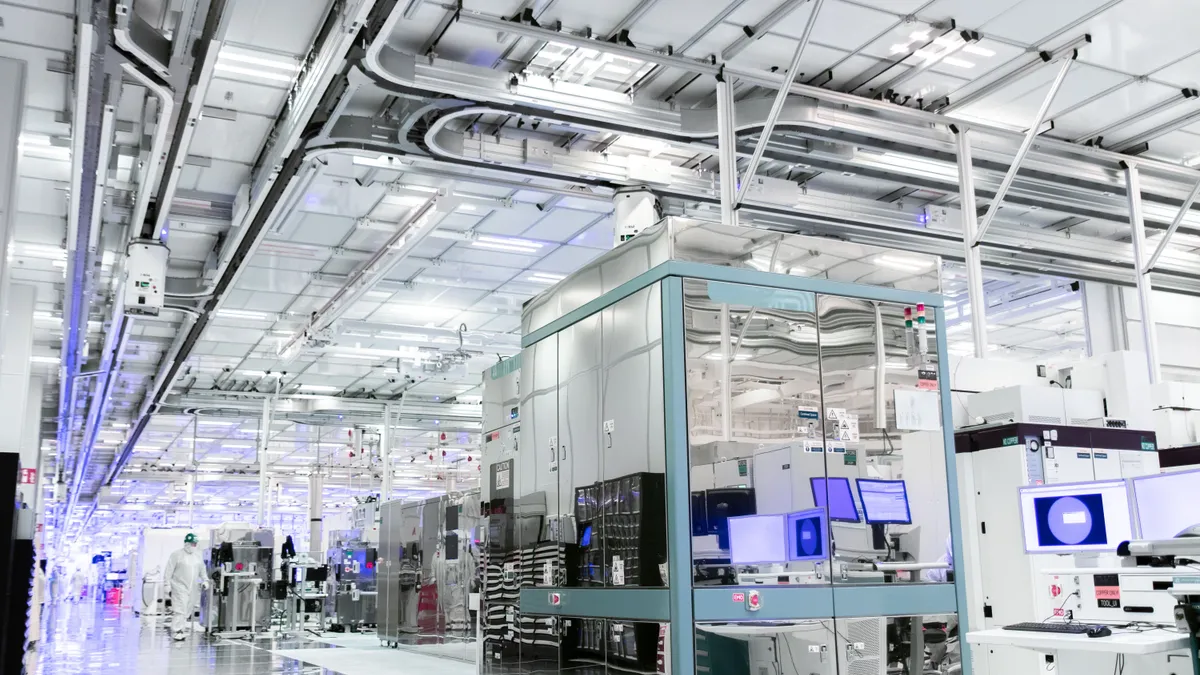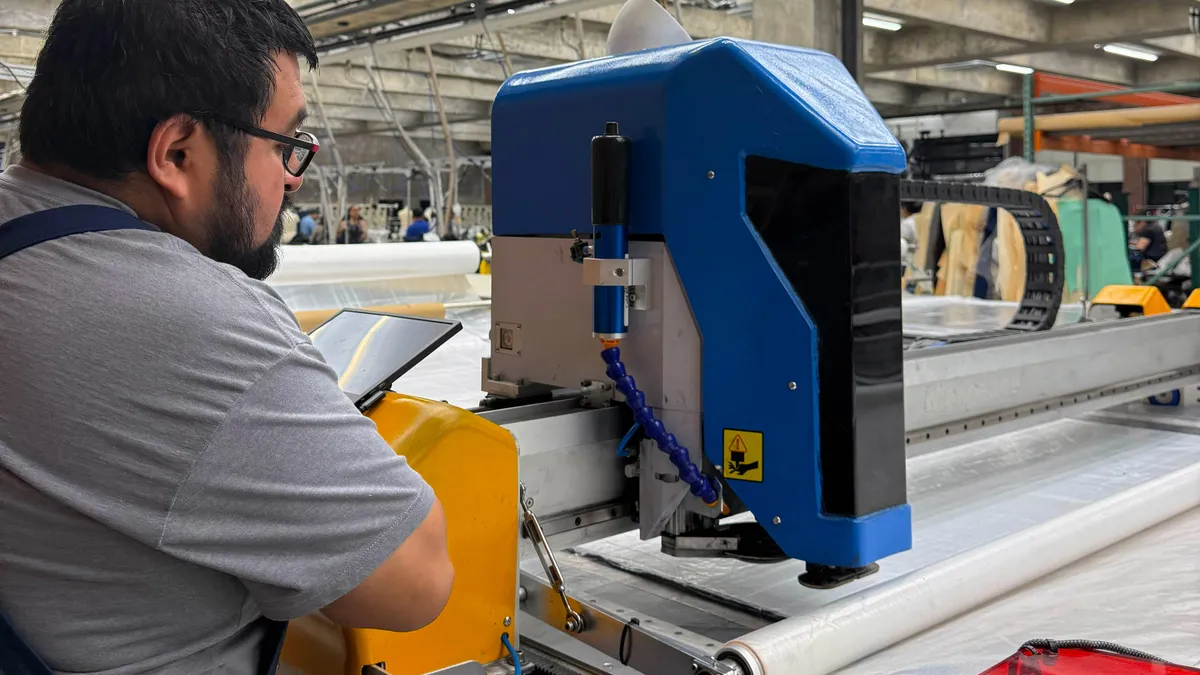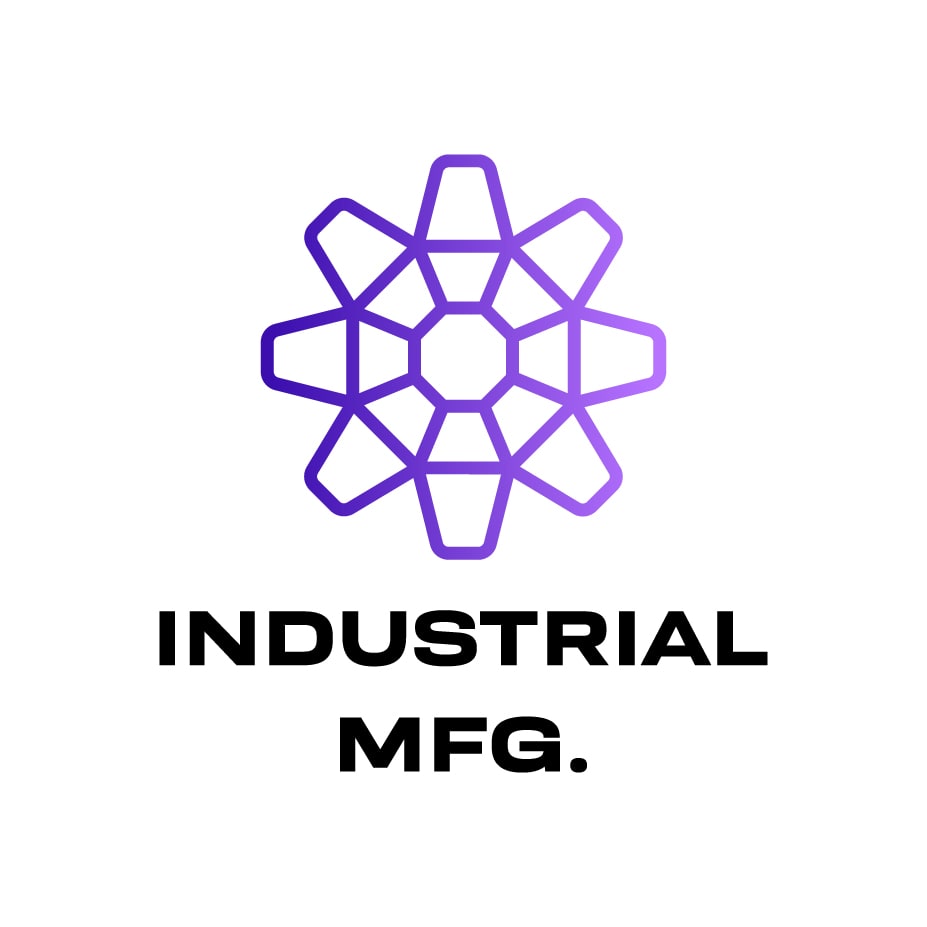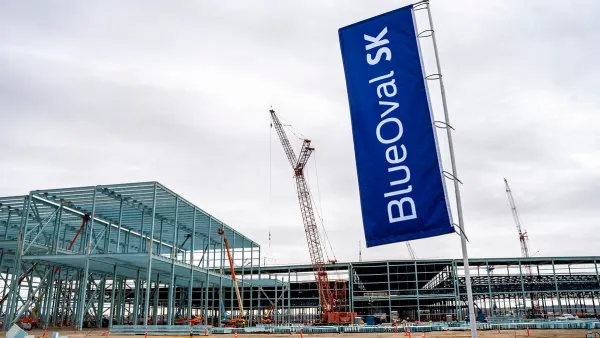Dive Brief:
- Intel and investment firm Apollo announced an $11 billion joint venture deal this week regarding Intel’s chip fabrication plant in Leixlip, Ireland. Apollo-managed funds will acquire a 49% equity interest in the plant, with Intel retaining 51%.
- Fab 34, which is nearing completion on construction, is a high-volume manufacturing facility for wafers using Intel’s most advanced process technologies, Intel 4 and Intel 3. The chipmaker has already invested $18.4 billion in the fab, according to a company press release on Tuesday.
- Intel began production of its Core Ultra processors using Intel 4 technology at the chip plant last September, while the company is currently ramping production of Granite Rapids, its data center product using Intel 3 process technology.
Dive Insight:
Fab 34’s new wafers will “support long-term demand for Intel’s products and provide capacity for Intel Foundry customers,” the release stated.
As part of the agreement, Intel will buy a minimum amount of the factory’s output to sell to itself or external foundry customers. The semiconductor manufacturer will also make minimum volume commitments “following the substantial completion of the facility.”
In addition to Fab 34 in Leixlip, Intel also operates Fab 24 in the city, which produces 14-nanometer silicon microprocessors. The agreement with Apollo only pertains to Fab 34.
The transaction is expected to close in the second quarter.
The agreement is part of Intel’s semiconductor co-investment program under its “smart capital” strategy, which aims to infuse more capital and funding flexibility as the chipmaker scales manufacturing, including from government incentives in the U.S. and Europe, such as the CHIPS and Science Act and European Chips Act.
The Apollo agreement is Intel's second under the strategy, which launched in 2021. The company announced a joint venture with Brookfield Asset Management in February 2022 under the program, expanding its Ocotillo manufacturing campus in Chandler, Arizona. The two companies committed up to $30 billion toward the project, with Intel funding 51% and Brookfield funding 49%.
The focus on external funding comes as the chipmaker struggles with a drop in revenue from its foundry business, which saw a $7 billion operating loss in 2023. Intel changed its CFO in April and its foundry services SVP and GM on May 13. Kevin O’Buckley now leads the growth of Intel’s foundry business as it navigates creating a foundry system for the AI era.
Intel is also still trying to put its fledgling foundry business on a path to profitability after restructuring to turn its manufacturing segment into a standalone business unit last year. The company announced a shift in its financial reporting structure in April, which aims to create a foundry relationship between Intel’s manufacturing unit and business product unit, as well as generate cost savings.















